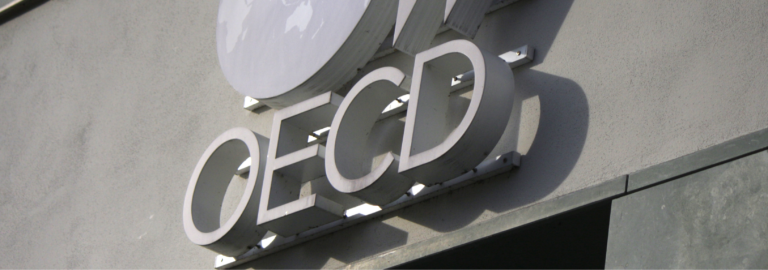
On May 4, the OECD outlined its updated work on the digital services tax (DST) as it announced that its final report addressing the tax challenges of tech giants will be released in October – a leap from its initial July 2020 deadline.
During the discussion, Pascal Saint-Amans, director of the OECD, said the increased use of digital services amid the pandemic had led to the “blossoming” of DST, hinting the need for a common approach to tackle the ongoing challenge.
Despite the OECD’s report being delayed, Saint-Amans said the current crisis initiated a “renewed appetite for a number of countries” to implement the GAFA tax.
Laurence Field, corporate tax partner at Crowe, says tech giants are likely to be targeted post-pandemic due to the rise in their revenue amid the coronavirus.
“Some of the companies that seem to be doing well at the moment, are those companies that would clearly be targeted by the digital service tax,” says Field. “The politics of taxation can play out and people could say, ‘well, these digital companies did really well during the time of the pandemic, so actually, they really ought to pay their fair share of tax going forward.’”
Saint-Amans also insisted that the OECD will pursue a “zero tolerance for these companies in the future for paying low taxes.”
Field says the threshold for the DST would need to be discussed between governments.
“Do we think that governments will be pushing for this? I think they will be, and I think there will be a debate around the size of the company that will be subject to it. To get an agreement, it may be that they will need to lower the threshold to have a more general application.”
The OECD’s ambition to ensure DST implementation across the international community was echoed by the G20 in April, which stressed its “commitment to use all available policy tools to safeguard against downside risks, ensure a swift recovery and achieve strong, sustainable, balanced and inclusive growth while continuing to tackle the global challenges” such as “tax challenges arising from the digitalisation of the economy and enhancing access to opportunities.”
Despite strengthening calls for a solution, St-Amans warned that concession on the DST could not be done at the expense of trade disputes.
“In this gloomy environment trade disputes would not do good,” he said, adding that “keeping tax cooperation at a time where countries have doubts on unilateralism” was crucial.
Resources & Whitepapers
Field believes it is unlikely trade disputes will be avoided, claiming that “tax is just another tool used in trade wars.”
Whilst the US remains firm on its DST position, governments will need to further cooperate in order to avoid any risk of trade conflicts during the severe worldwide economic crisis, says Field.
St-Amans said that despite “substance for a deal on Pilar 1,” members were “very cautious” about any communication being leaked and the outcome will be communicated “by the end of summer.”
Leave a Reply